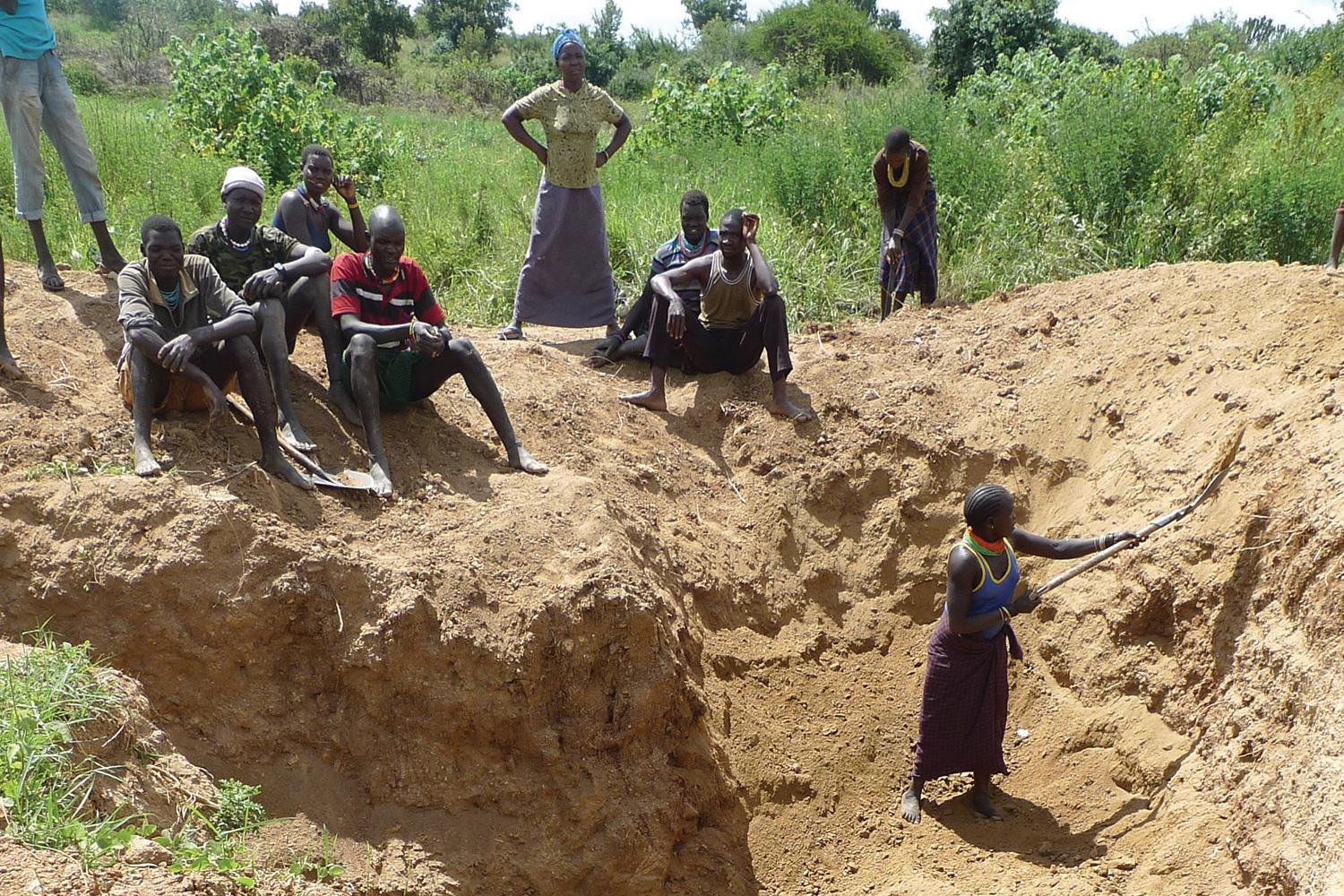The Uganda Chamber of Mines and Petroleum (UCMP) has hit out at foreign media and non-governmental organizations (NGOs) that have continued to stifle the growth of the country’s minerals industry, through regular unsubstantiated reports and embargo calls.
In an article that was run in several local newspapers, Mr Nicholas Muhereza, a member of the UCMP’s Mining Sub-Committee says that while several reports have accused Uganda of being a smuggling hub for gold from the region, on the contrary the country has done tremendous work in limiting the risk, with improved enforcement at custom points.
“Most of this foreign interference is manifested in the work of NGOs who have become agents of external forces in stifling businesses and denying Africa it’s much needed revenue over the years. These external forces have vested interests in the illicit trade of gold and many other African minerals. Hence the streamlining of this business hurts them,” writes Muhereza.
He also challenges the narrative that lumps up all the gold mined from countries with skirmishes, as “so called conflict gold” arguing that this sweeping statement dismisses all the effort of genuine hardworking artisanal miners and traders.
“What causes conflict? Is it the gold or the guns? Who sells the gold and who makes the guns? Of the two, which is worse: the trade in gold or guns?” Muhereza wonders.
He further dismisses the appeal to the US congress to intervene in Uganda’s gold trade as ill-advised since it bases on the same wild allegations while costing the country a lot in lost revenues.

“Unfortunately, the baseless tirades barbed mainly to assassinate the character and reputation of the Uganda gold industry has overshadowed the good initiatives accomplished by the government and stakeholders. Uganda is losing out on revenue because of these outrageous claims and blanket falsehoods that were never proven. It is important to note that the mushrooming mineral dealers, gold traders and refineries in Uganda have completely changed the outlook of the gold and mineral industry,” writes Muhereza.
In addition he reminisces how Uganda’s gold trade largely operated underground just a decade ago without any significant monitoring and supervision.
This is however no longer the case with the Uganda government able to monitor and supervise the industry with ease since the addresses of the gold refineries, mineral dealers, traders and gold players are now known, argues Muheraza.
“Custom officials from the Uganda Revenue Authority are also stationed at the refineries while key stakeholders hold joint discussions with government over how to continue building the industry. This was never the case 10 years back,” he says.
The improved monitoring has seen a growth in gold exports to $1.1 billion at the end of the 2019/2020 financial year, up from $6.85 million in 2010/2011, according to the Bank of Uganda.
Besides, the Ministry of Finance’s Background to the Budget 2021/2022 notes that partly due to exports, spurred by a surge in earnings from gold, the shilling remained relatively stable in the FY 2020/21, appreciating by 0.6 percent in the 10 months to April 2021, strengthening to UGX 3,681.8 per US dollar.
“A strong shilling boosts the local economy in the sense that it contributes to the drop in the price of goods and services, otherwise known as inflation. The numbers of jobs that have been created in the process are in the thousands and Uganda just like Dubai, UAE is now a renowned gold trading hub in the heart of Africa,” says Muhereza.
He also highlights the August 2020 joining of the Extractive Industries Transparency Initiative (EITI), a standard for the good governance of oil, gas and mineral resources, as a commitment by Uganda to ensure transparency in its mining industry.
Muhereza is an energy lawyer, who holds a master’s degree in Oil and Gas Law from the University of Aberdeen. He works with multiple minerals development entities, exploration projects and minerals export and value addition ventures.

















